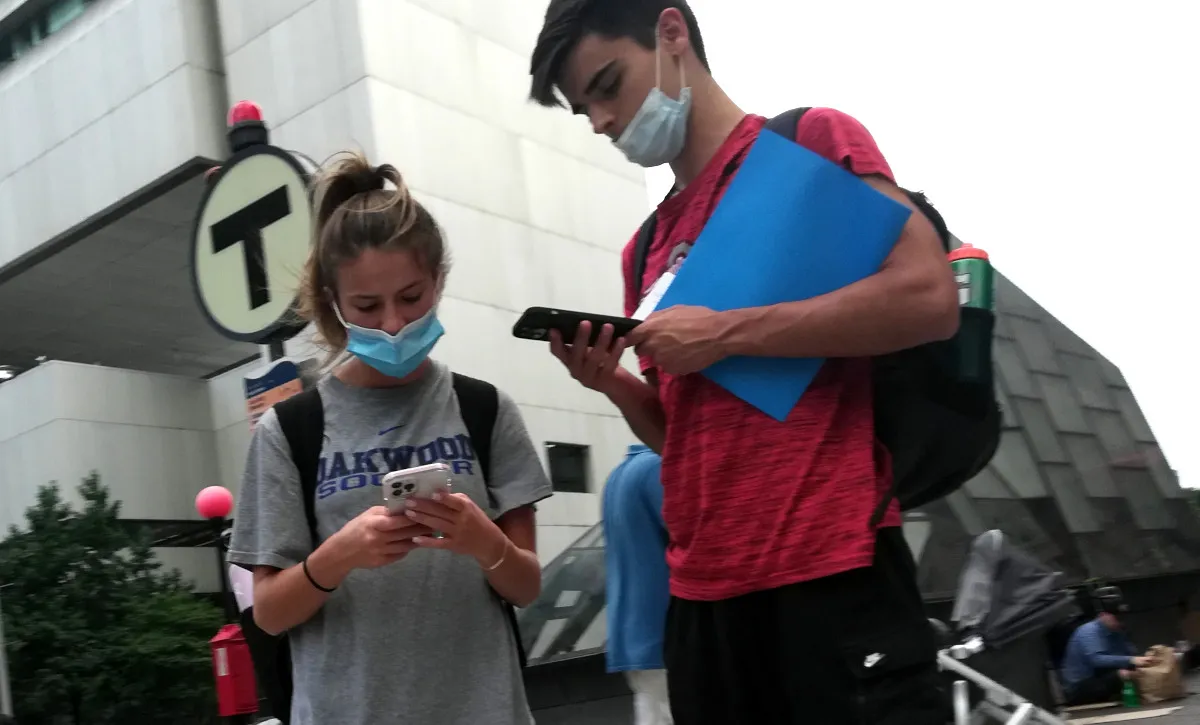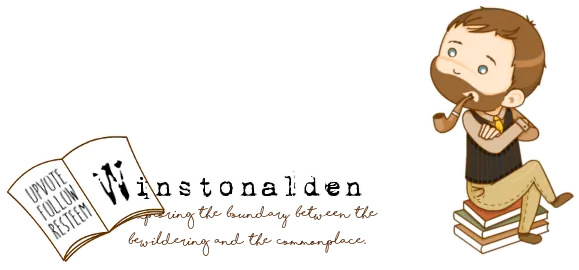One of the most interesting bits of propaganda to come out of the past several years is this idea that the common man is not fit to think for himself.
We have dubiously funded "fact checkers" pulling posts off Twitter and videos from Youtube. We have scientists saying "just trust me, I don't have time to explain (and too many lives are on the line)." And we have major newspapers like the New York Times telling us that "Critical thinking...isn’t helping in the fight against misinformation."

What this comes down to is the classic "Do as I say!" of tyranny and lazy parenting. But the usual justification--because I said so!--has gotten a little more sophisticated, with the addition of you're too stupid to understand why.
As much as I recoil from this idea at every level of my being, it bears grappling with--if only because it does apply in lots of situations.
We're not going to explain to the toddler who's gone exploring under the kitchen sink why we're yanking the bottle of poison from their hand. We have laws that allow us to take agency away from the elderly or those suffering from dementia when they're unable to make decisions for themselves. And, sad as it might be, we're never going to let the kid who rides the short bus drive it himself.
General intelligence (IQ) might not be the best measure of everything, but it does measure something--including career success and income. There's a reason the US military tests applicants and generally rejects the bottom third. For that matter, there's a reason we have tests and accreditations and licensing boards for any jobs that require skill and put people in danger if they're performed incorrectly. It would be absurd to aver that anyone could be a pilot, for example. Or a doctor.
And then there's the matter of education and training.
We live in an increasingly specialized world. I'm not going to tell an engineer how to build a bridge because I haven't spent years studying physics and materials science, and he has. I'm not going to advise a surgeon on where to cut and where to stitch. For that matter, when my tax situation gets too complicated, I actually pay money for an accountant to work out how to file and how much to pay. It's not that I couldn't figure it out. It's that I don't have the time, interest, and education to do it, and the consequences of getting it wrong are just too dangerous.
So why, then, am I so resistant to the idea that experts know best how to manage this pandemic?
What drugs should go in our bodies, how we should isolate and mask up and behave, and in general, how much faith we should place in (presumably) well trained experts?
When is it reasonable to rely on "common sense" in making decisions, and when should we defer to people who claim to know and understand more than we do?
In my last post, I mentioned Peter Watts' novel Blindsight. It was written over a decade ago, but it's prescient on this issue. In the book, humanity is facing the unknown threat of alien visitors who don't think at all like we do. Maybe they don't even experience Consciousness as we understand it, at all. And so we resurrect super-genius predators from our distant past (Vampires, it turns out. It's a long story... and worth the read.) to manage the first contact crew. And everyone else on the mission just... goes along with it.
They may not know why management is making one decision or another. And it's not their job to know. His moves might seem crazy or suicidal. But they follow the orders because it seems like it's their best bet for survival.
Not that they're comfortable with it. The guy is a vampire, after all: a subspecies that preyed on humanity for thousands of years in our mythological past. He's working with his former prey because they're all facing the same existential threat. But still... does he really have the humans' best interest at heart?
(Yeah, the book feels a lot more prescient than it did when it was originally published.)
I know how it feels to be out of my intellectual depth.
A good buddy of mine is a math genius. Seriously. He got the highest score in his university on a state assessment test, and he took it blackout drunk.
I watched him working a problem in non-linear algebra one day, and he enthusiastically tried to explain it to me. It was pointless. I could see there was poetry in those equations but they weren't going to make any sense to me. If lives hung on their solution, I certainly wouldn't have questioned his work.
But my buddy isn't a vampire. I'm not so sure about Tony Fauci, though. Or Bill Gates. Or Biden, for that matter. (Although if the president were a vampire, he'd probably look much healthier.)

As skeptics, I think our resistance to today's expertise comes from a failure of all that credentialing I mentioned earlier: assessments, exams, licensing boards, cross-checking--not to mention what used to pass for peer review. Those of us with sub-genius IQ might not be able to understand nonlinear algebra or metabolic pathways or the way lipid nanoparticles can move mRNA molecules through a cell membrane.
But we can understand incentives.
We can parse a conflict of interest. And, when it's not being bombarded by whatever false-flag operations are on the docket at CNN and social media, we can recognize a good old-fashioned sense of outrage.
We can work out that when the chairman of the board of Thompson Reuters is also on the board of directors of Pfizer, we're bound to see a lot more favorable reporting of Pfizer. And when the same Thompson Reuters is tasked with fact checking censoring posts on Facebook, we know we aren't going to hear from any voices critical of Pfizer, or vaccines.
We can understand that when "peer reviewed" journals examining studies performed by pharmaceutical companies aren't granted access to any of that study's data, but are forced to accept pharma's analysis of the data--and that the journals are funded by the companies whose studies they are peer-reviewing--we can know that, even if we don't understand the studies, they're certainly not going to be critical.
And we should be able to understand that if doctors receive money from pharmaceutical companies, they're more likely to prescribe those companies' new products, even if they're usually worse than the old ones.
That's why this new message that you're too dumb to think for yourselves is so pernicious.
We're inclined to trust authority. We wouldn't have survived childhood if we didn't. But there are times when stuff just doesn't add up. Recognizing those times, taking the time to think about them thoroughly, and talking about them with like-minded thinkers--I think that's a key piece of what it means to be human.
It may even be what it means to be conscious.
We don't notice the routine stuff. The stuff we do again and again, because it works. We sleepwalk through routines: brushing our teeth, driving to work, grocery shopping. How many times have you performed some necessary but commonplace task, just to wonder a few minutes later: did I do that already? How many times have you arrived at a destination with no recollection of how you got there?
It's when something's odd, different, not quite right that it stands out. That we act on it. Remember it.
Sure, maybe we're too dumb to understand something. We're definitely too dumb (at least individually) to know everything. That doesn't mean we shouldn't stop, look around, and learn what we can. If we lose our ability to question, to argue, to call out when something doesn't make sense, we could wake up into a nightmare.
Or stop waking up altogether.

Unless otherwise stated, photography is the work of the author. Feel free to copy, remix and share photographs from this post according to the terms of a Creative Commons Attribution Sharealike 4.0 International license.
Signature illustration by @atopy.
